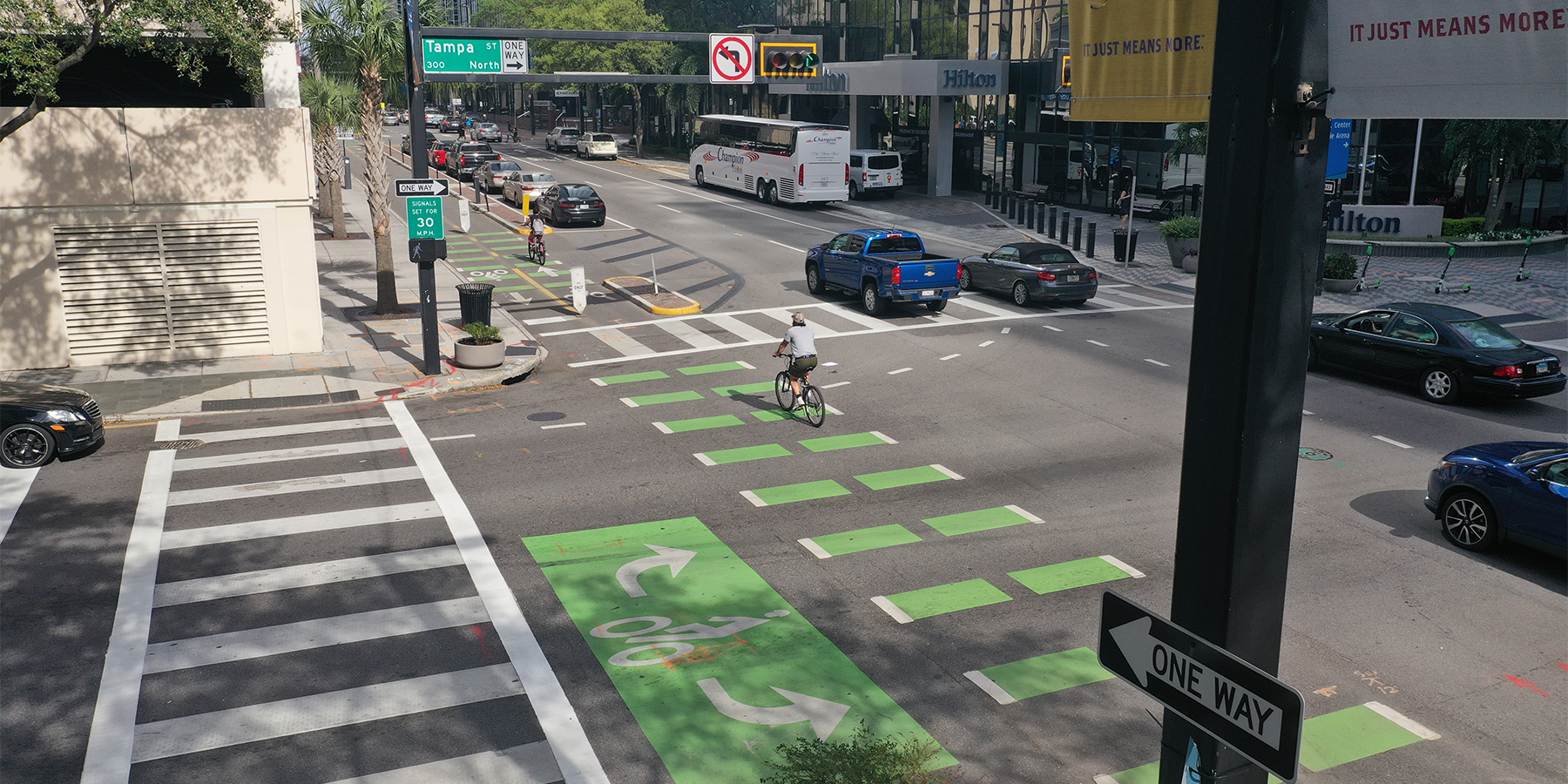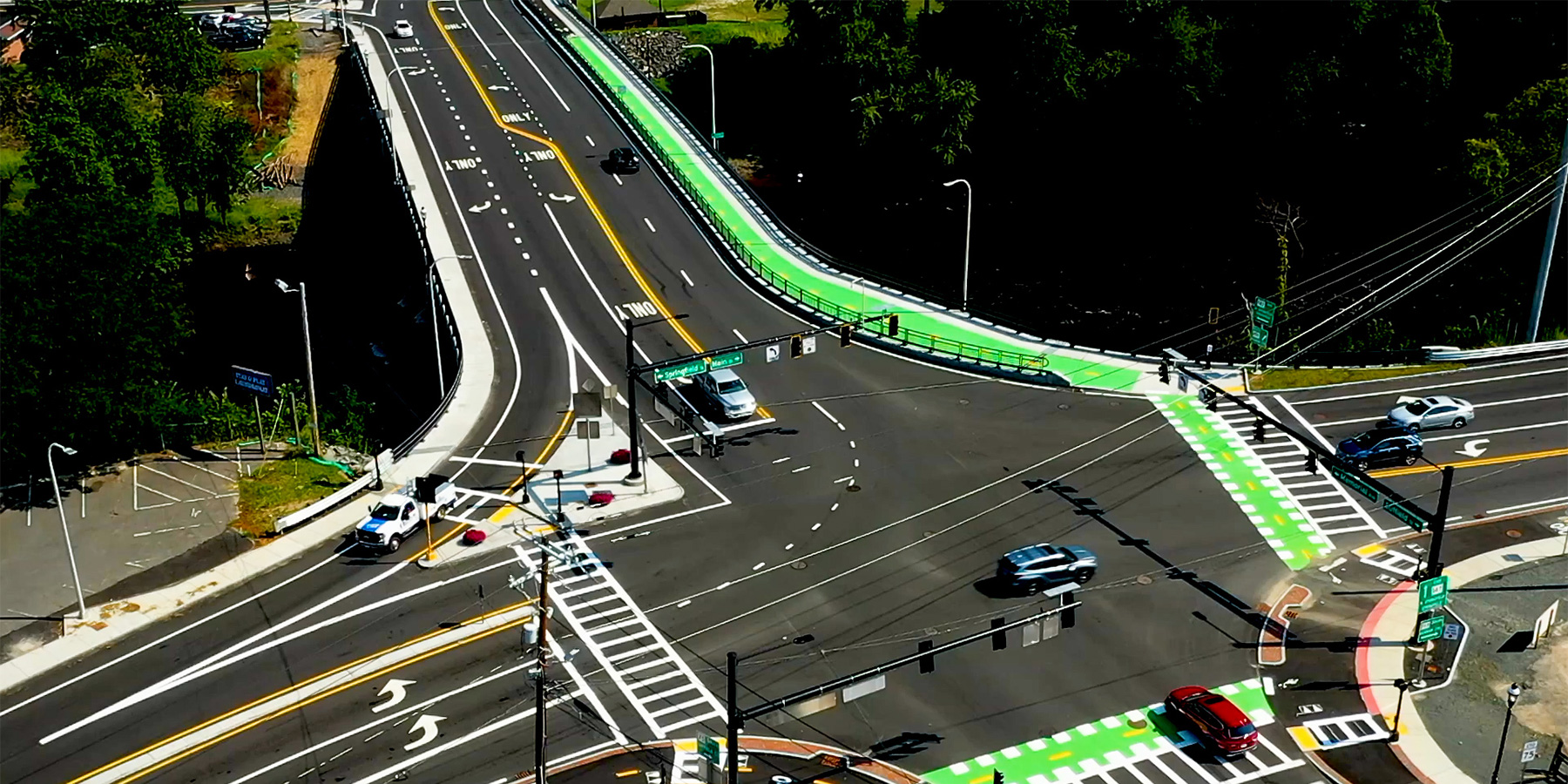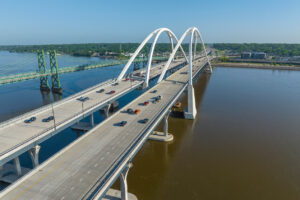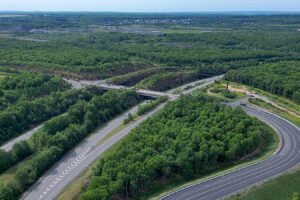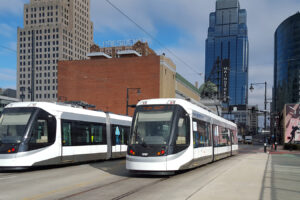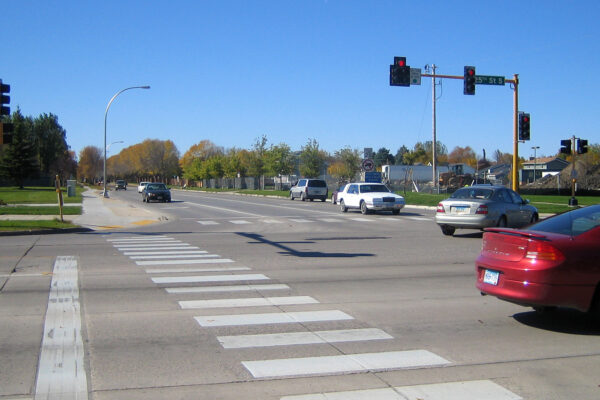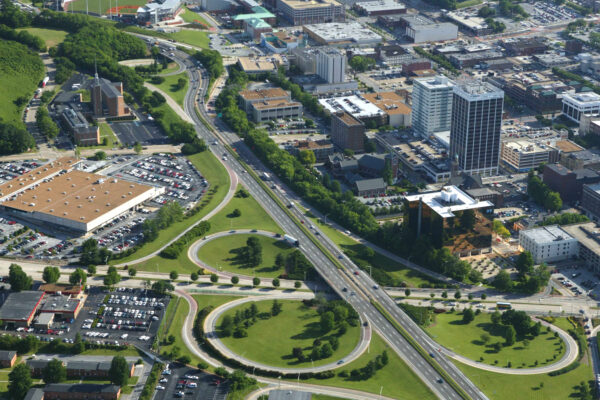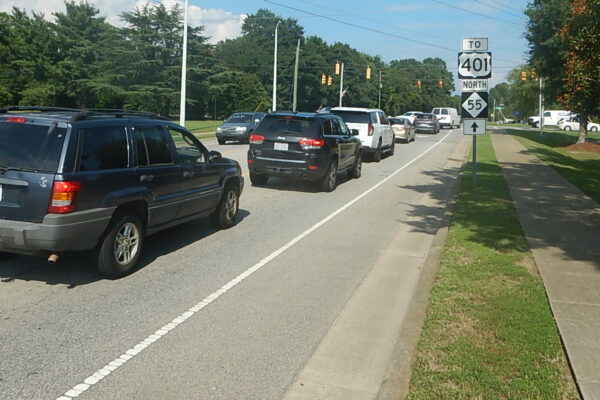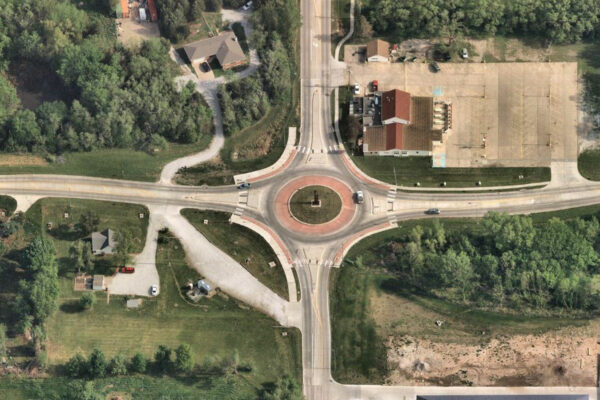Traffic & Safety
Putting Communities on the Path to Safer Streets
Population changes, urbanization and economic growth all affect traffic volumes. With that comes the need to evaluate and improve the design, operation and management of your transportation infrastructure to ensure it meets the unique needs of your community.
Bringing national expertise in a myriad of traffic design, analysis and safety services, Benesch is prepared to partner with you to optimize your community’s traffic solutions. We take a unique, data-driven approach that prioritizes safety and efficiency.
Data-Driven Traffic Solutions
Our experts specialize in comprehensive traffic and safety solutions, ranging from traffic signal optimization and intersection redesign to intelligent transportation systems that utilize real-time data for adaptive traffic control. We work to not only enhance mobility but also contribute significantly to the safety of the communities we serve.
The foundation to any traffic engineering study begins with obtaining reliable and accurate data. Through the systematic collection and analysis of various elements of an existing region, corridor or intersection location–including traffic volume and density, crash history, conflict points and level of service–we are able to gain insights to improve the overall safety and performance of your transportation network.
Traffic analysis plays a crucial role in ensuring the intersection or corridor efficiently moves traffic by reducing congestion and improving safety to ensure an improved experience for all commuters. Gaining this understanding of the existing issues is essential to help fuel informed decision making to identify innovative solutions for improved performance of the corridor.
Our experts conduct comprehensive assessments to study various aspects of traffic flow, road safety, and overall transportation and transit systems. It is essential to gain a good understanding of the existing conditions, using accurate data, to identify innovative solutions to improve the overall safety and performance of the intersection or corridor.
Through these Benesch-led studies, you’ll gain a deeper understanding of the existing conditions and the decision-making process that led to development of the proposed improvement to meet the anticipated future needs. As a result, your community will benefit from safer, more efficient transportation infrastructure.
Introducing a new proposed development project, either small or large, will have a potential impact to the traffic operation for the adjacent street network. Completing a thorough traffic impact study is crucial for local authorities and developers to make informed decisions about the impact the development will have on the surrounding area.
Benesch traffic engineers will work to forecast the site-generated traffic volumes, determine how the traffic will be distributed to the street network to assess the impact future traffic operations. Once the potential traffic implications are understood, our team will work with you to implement appropriate mitigation measures.
Overall, these studies help to create a development that integrate seamlessly with the existing transportation infrastructure, minimizing adverse effects on the community by ensuring safe and efficient traffic flow.
Whether your project calls for new pedestrian facilities, geometric improvements or a complete intersection overhaul, our multi-disciplined team will deliver innovative, sustainable and implementable solutions. Our experience ranges from local streets to high volume/high speed major arterials within the context of rural, suburban and urban environments.
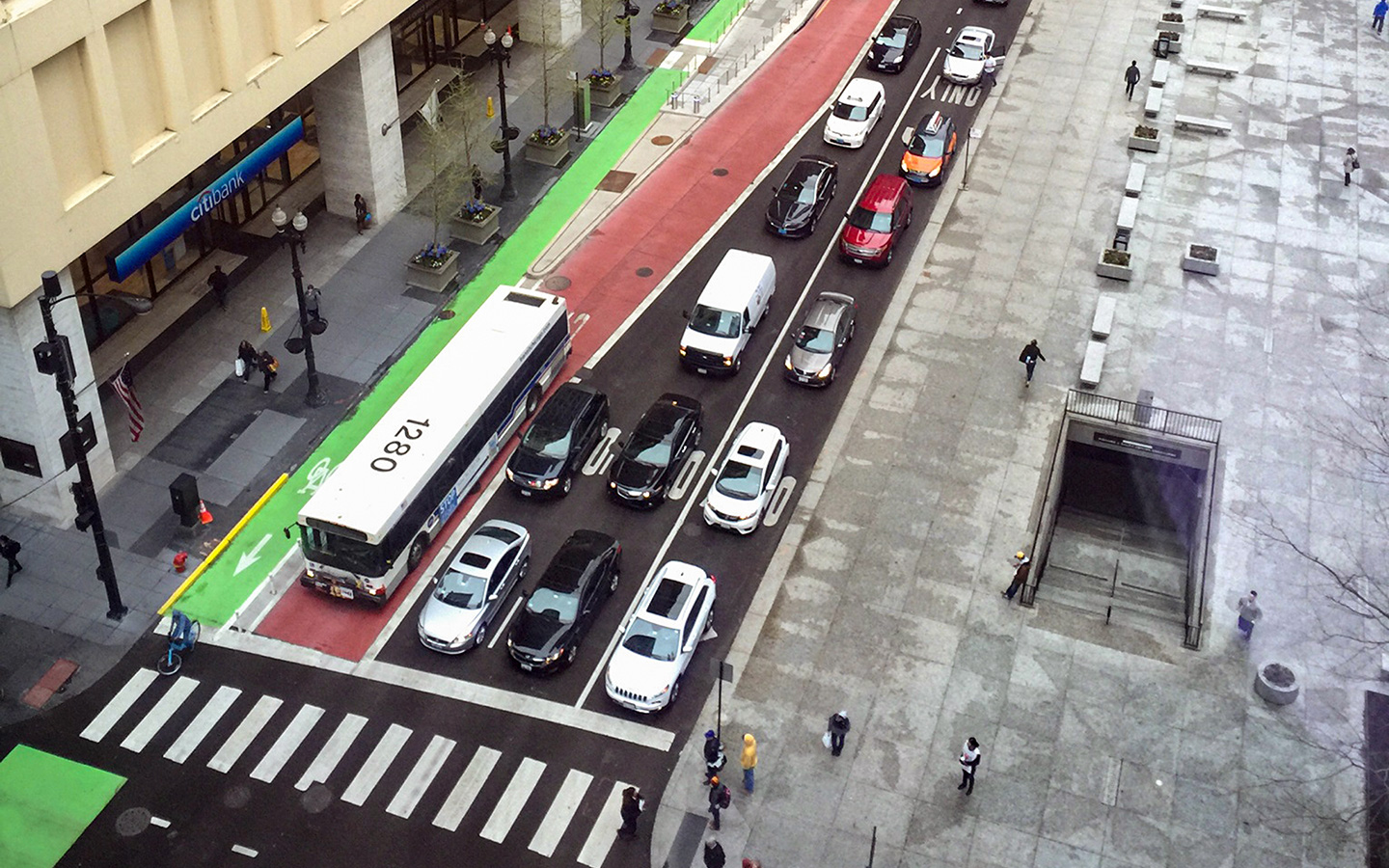
Creating a Safe Future
The creation and execution of a Safe Streets and Roads for All (SS4A) Action Plan is a critical step on a community’s journey to zero traffic deaths.
Building from the premise that even one traffic-related death is too many, we apply a ‘Safe Systems’ approach to focus not only on roadway infrastructure but also to work toward lower operating speeds, anticipating human error, and improving post-crash care and vehicle safety.
Demian Miller, AICP, Group Manager
Working within a framework established by the FHWA, our traffic safety practice incorporates roadway and traffic engineering, systems planning and analysis, program management, and public engagement to develop Safety Action Plans. These plans provide a detailed understanding of a community’s traffic safety issues and a set of actionable infrastructure and non-infrastructure strategies for resolving them.
Like Benesch, the Sarasota/Manatee MPO believes that the only number of acceptable traffic-related deaths and serious injuries is zero. We worked with the agency to develop the Destination Zero Safety Action Plan. The development was a collaborative undertaking that challenged those involved to think differently about traffic safety and traditional roles and responsibilities and to work together towards a desired outcome. The Action Plan identifies implementable strategies focused on 6E’s: Engineering, Education, Engagement, Enforcement, Emergency Response, and Equity.
It even goes beyond the effort to eliminate traffic-related deaths and serious injuries. The plan seeks to increase healthy and equitable mobility for all road users of all abilities.
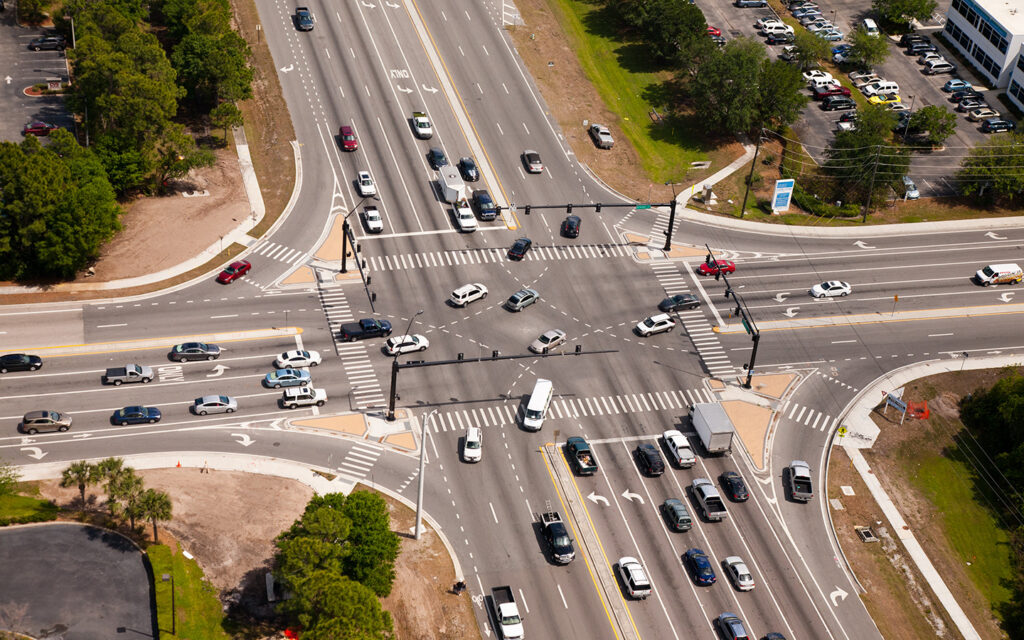
Implementation Focused Approach
Benesch traffic and safety experts are supported by a national network of civil and transportation engineering professionals. By leveraging our firm’s roadway design, construction management, public finance and community planning expertise, we are able to ensure that the strategies we recommend are feasible and that the implementation process is thoroughly understood.
Planning for Change
Making traffic and safety improvements often call for policy changes. Our experts will assess your current policies, plans, guidelines and/or standards to identify opportunities to improve how processes prioritize transportation safety.
Benesch staff serve as subject matter experts to FHWA’s Highway Safety Office and have significant experience reviewing and recommending pragmatic changes to policy documents and engineering standards. Our Community Planning professionals understand how land use plans, land development code, and design standards impact a community’s ability to provide safe, complete streets.
